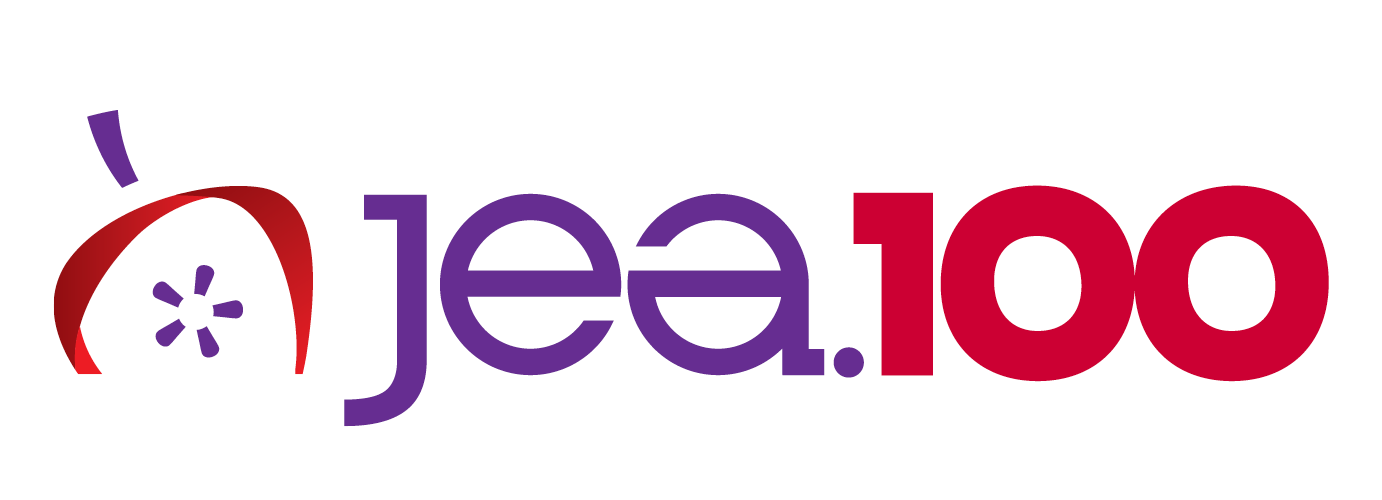By H. L. Hall
To use or not to use? That is the question.
Because of controversies surrounding the writing of some professional journalists, including Jayson Blair (New York Times), Stephen Glass (New Republic) and Jack Kelly (USA Today), it has become even more important for writers to evaluate whether or not to use anonymous sources. Readers tend to be skeptical and the use of anonymous sources often makes them question whether or not the information they are reading is accurate. One reason readers have grown skeptical is because in the past few years at least 10 papers from The Chicago Tribune to the Sedalia (Missouri) Democrat have confirmed instances of plagiarism and fabrication.
To avoid questions about plagiarism and/or fabrication, it is best to avoid using anonymous sources. Writing gains credibility when all sources are on the record.
Some professional journalists say promises of anonymity should be given only for the following reasons:
- There is no other way to get the information. If there is no other way, then verify the information with a second source. Don’t rely on one person’s word. Be sure both sources are reliable ones.
- The information is important enough to the reader to warrant anonymity.
- The source’s privacy and/or reputation requires protection.
- The source needs to be protected from academic, psychological or physical harm. It’s possible a student’s grade might be in jeopardy, if he/she goes on the record. It’s also possible a teacher’s job might be in jeopardy, if he/she doesn’t remain anonymous.
- The source’s relatives require protection.
Besides taking the above five items into consideration, the writer should also ask the following questions before using the information.
- What is the purpose of the article?
- Does the reader have the right to know?
- How might I get someone else to go on the record?
- What are the possible consequence of my actions?
- What safeguards can I implement that will allow my writing to be objective?
- Will the story offend any readers?
- Are all my facts accurate?
- Have I eliminated my opinion from the story?
- How would I feel if the story was about me, a relative or a close friend?
- Is the story objective? Am I missing any point of view?
If the writer promises anonymity, then the writer must keep his/her promise. If a writer wants to use an anonymous source, the writer should discuss the possibility with his/her editor. If the editor agrees the writer may use an anonymous source, the writer should tell the editor who the source is. Several professional papers, including The Washington Post, require this. The Post also requires its writers to explain to the readers why a source merits confidentiality.
It is also a wise idea to have the source sign a consent form to use the information anonymously or by using a pseudonym.
To use or not to use? The best answer would be not to use. That helps the reader trust what the writer has written. Whatever the decision, there is no substitute for accuracy. Always tell the truth, the whole truth and nothing but the truth.

One Response
[…] often, and when they do, they are supposed to follow the ethical guidelines of their profession. (http://jea.org/home/curriculum-resources/anonsources/). When journalists and editors rely too much on anonymous sources, they lose that most precious […]
Comments are closed.